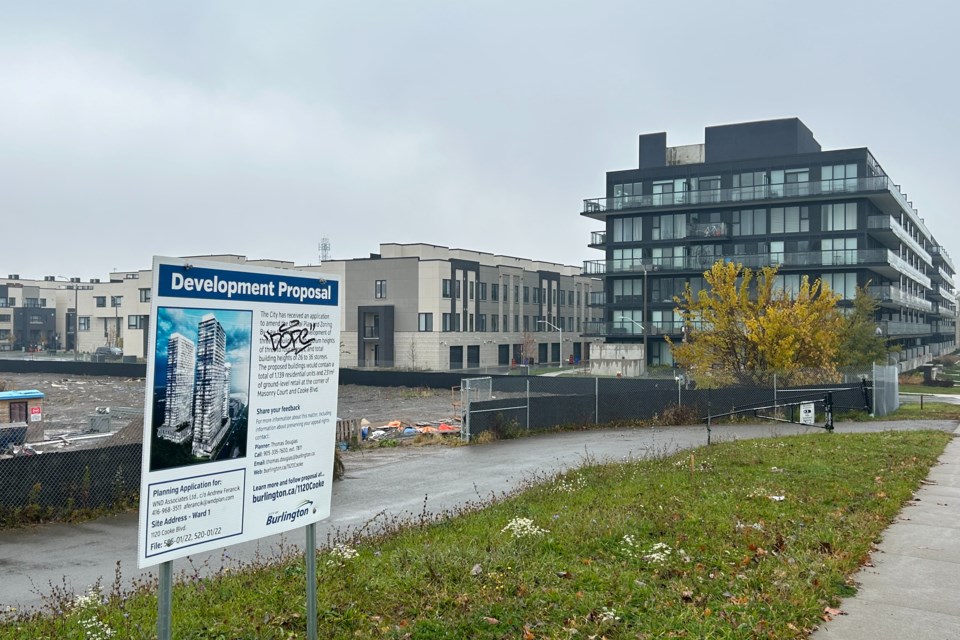Trying to rent an apartment in Burlington right now? Then this isn’t news to you.
The price of local rental properties continues to soar, with Burlington once again near the top of a monthly national ranking of least affordable cities for tenants.
The average cost of a one-bedroom unit has reached $2,165 per month, according to the latest analysis from Rentals.ca — an 18.7 per cent increase from the year before. The average two-bedroom rental in Burlington is up even more: $2,631 a month, or 19.1 per cent year over year.
Published in October, the latest report tracks the price of September listings posted on Rentals.ca in 35 Canadian cities. Burlington finished fifth among the most expensive markets, cheaper than only Vancouver, Toronto, Burnaby and Oakville.
Hamilton, by comparison, ranked 21st on the list ($1,683 for a one-bedroom and $2,155 for a two-bedroom). Overall, the average price of a rental property in Canada is $2,043 per month, an annual increase of 15.4 per cent.
What is driving the seemingly endless surge in rent? “A lot of things,” says Paul Danison, a spokesman for the company that crunches the data.
“Rents went way down during the pandemic because people stayed put,” he tells BurlingtonToday. “People were afraid to move, and if they did move they moved away from downtown cores to get more space, to have a home office, to let the kids study at home, to get cheaper rents.”
Fast forward to year three of the pandemic: Office buildings are reopening, schools are back in session and immigration numbers are starting to climb — prompting fresh demand for downtown dwellings.
“There is going to be sticker shock,” Danison says. “People are going to say: ‘I can’t even come close to what I got before for that same kind of price.'”
Rising interest rates have only boosted that already high demand. A lot of people who were considering purchasing a home in Burlington in recent months have changed their minds, Danison says, because the cost of borrowing keeps growing.
“So those people who were thinking about buying a home are staying in the rental market,” he says. “That is creating more demand. Cities just don’t have enough supply and rents are going way up.”
At Queen’s Park last week, Doug Ford’s Progressive Conservatives tabled legislation aimed at streamlining the construction of new housing in Ontario. The proposed legislation sets bold targets — 1.5 million new homes over the next 10 years — including specific expectations for each municipality in the province.
For Burlington, the target is 29,000 new homes by 2032.
“Supply is a huge issue in every city,” Danison says. “People say: ‘Well, we need more affordable housing.’ We just need more housing, period. Any type of supply would be helpful.”
Danison has no reason to believe that rents will plummet anytime soon, especially in Burlington, a highly desirable city.
“It’s a nice community, a really nice place to live,” he says. “Some people will have to take a hard look at their budget and figure out: ‘Well, this is where I can live — and this is where I can’t.’”
If you’re willing to move anywhere, consider Saskatchewan. According to the report, that province is home to the two most affordable cities when it comes to rent: Saskatoon ($980 for a one-bedroom unit) and Regina ($1,010).



